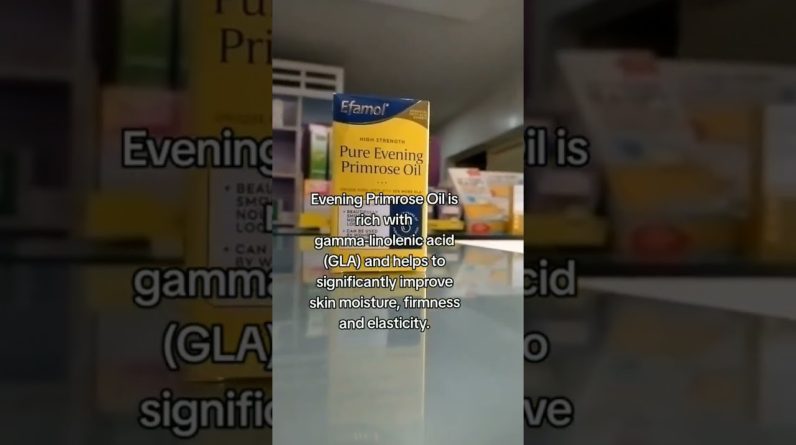Liver disease refers to any disturbance to the function of the liver that causes illness, and is thought to affect millions of adults across the world. While we don’t immediately think of the liver as an important organ, some experts actually think it’s the most important one of all – which is why it can be so damaging when the liver ceases to work properly.
Like many health concerns, the faster you can detect liver disease, the easier it is to treat. There are two main types of the illness: non-alcoholic liver disease, which doesn’t usually have symptoms and is reversible with lifestyle changes, and alcoholic liver disease, which is caused by excess alcohol consumption.
The early signs of liver disease in alcoholics include:
• Irregular sleep – if you’re sleeping poorly, you may have early-stage alcoholic liver disease. The illness is known to cause sleeping problems such as insomnia, which is characterised by difficulties falling asleep and maintaining sleep, and sleep–wake inversion, when your sleep cycles are disrupted.
• Low energy levels – liver disease causes excessive daytime sleepiness, as well as fatigue, which studies have found to occur a result of changes in neurotransmissions within the brain.
• Yellowed skin and eyes – Even at the earliest stages of alcoholic liver disease, your skin and eyes may take on a yellow colour that is referred to as jaundice. It occurs when If bilirubin, which is formed when haemoglobin is broken down to recycle old or damaged red blood cell, can’t be moved through the liver and bile ducts quickly enough.
• Skin problems – signs of liver damage may develop on your skin. Some of these symptoms include redness, severe itching, brown patches, and dryness of the skin. These symptoms may come about as a result of a skin condition, like eczema, psoriasis, and acne, which are sometimes caused by liver disease.
• Becoming intoxicated more quickly and experiencing worse hangovers – when your liver becomes damaged by alcohol, it won’t be able to perform properly when you do drink. This means you’re likely to become intoxicated more quickly after minimal amounts of alcohol, and you’ll experience a worse hangover the next morning.
• Experiencing severe side effects to common medications – liver disease can affect the way we metabolize drugs, even those that are incredibly common. This may cause you to experience toxic reactions to certain drugs.
• Hot flushes – A dysfunctional liver is more likely to overheat as a result of overworking and too much pressure. This can cause the body to react by sweating, resulting in flushing in the top half of your body, including your face, your trunk, and your arms.
When you begin to experience early liver damage, your body won’t be able perform its usual functions properly, like digesting food, removing impurities, filtering toxins and absorbing nutrients. This can lead to side effects such as:
• Weight loss – as a result of not taking in the nutrients you need.
• Malnutrition and weakness – for the same reasons as mentioned.
• Nausea and vomiting – as a result of harmful toxins remaining inside your body instead of being removed.
• Bruising of the skin – due to a decreased production of blood clotting factors by the diseased liver.
• Bleeding gums and nosebleeds – which happens more easily because the liver stops making enough platelets to help with blood clotting.
• Constipation and abdominal bloating – as a result of poor breakdown of fat.
• Diarrhea – caused by bacterial overgrowth in the body.
• Loss of appetite – usually linked to poor digestive ability.
• Dark urine – because of the high levels of bilirubin excreted through the kidneys.
Non-alcoholic liver damage doesn’t always present symptoms until the later stages of the disease. However, symptoms to look out for include:
• Yellowing of the eyes and skin, or jaundice.
• Fatigue.
• Pain and discomfort in the abdomen.
Non alcoholic liver disease can be caused by a range of factors, including obesity, malnutrition, cancer, hepatitis, inflammation resulting from an injury or infection, a medication overdose, or diabetes.
So When should you see a doctor
If you think you might have alcoholic or non-alcoholic liver disease, it’s important to see your doctor as soon as possible to discuss your symptoms. If left untreated, your inflamed liver will start to scar. As this scar tissue grows, it will begin to replace healthy liver tissue.
On the other hand, if your liver disease is diagnosed and treated successfully at an early stage, there’s still a chance that your liver can heal itself over time. Therefore, the more quickly you can diagnose liver disease, the better your chances of successfully treating the condition in the long run.
It goes without saying that if you’re diagnosed with alcoholic fatty liver disease, you’ll have a far better chance of recovering
source







